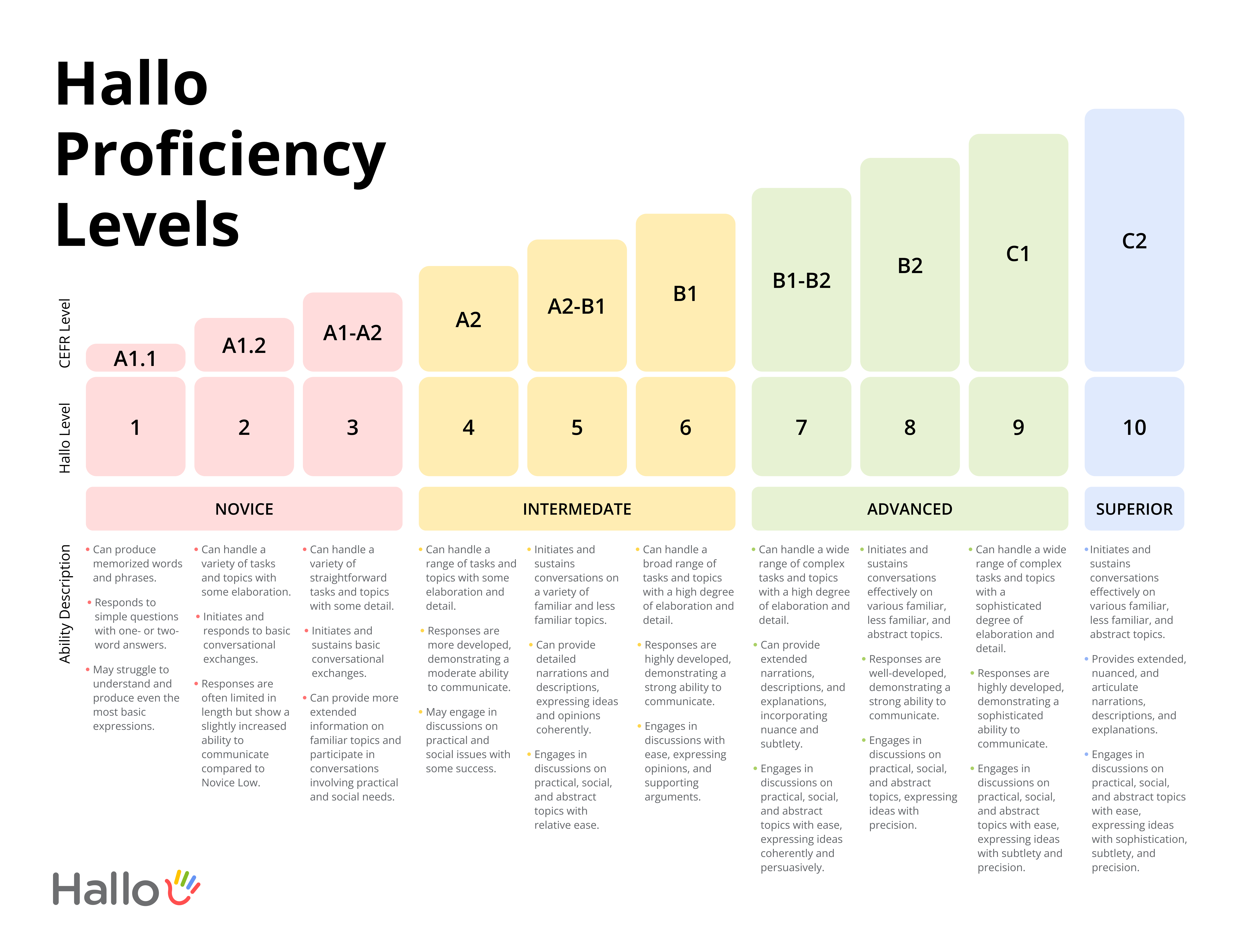What Is Language Assessment (Language Proficiency Testing)?

Understanding Different Types of Language Assessments
Evaluating language proficiency is a multifaceted task that requires reliable and valid testing methods. Language assessments come in various forms depending on the specific skills or proficiency levels being tested. This post aims to describe different types of language tests, offering insights for educators, employers, and language learners.
What Is Language Testing?
Language testing involves assessing an individual’s ability to understand or communicate in a particular language. It serves multiple purposes across different settings:
- Academic Contexts: To evaluate a student’s current language abilities for placement or to monitor their progress.
- Professional Contexts: To determine if a candidate possesses the necessary language skills for a job.
No matter the context, language assessments are crucial for accurately measuring language abilities.
Main Types of Language Assessments
Language assessments can be categorized into five primary types: aptitude, diagnostic, placement, achievement, and proficiency tests.
1. Aptitude Tests
Aptitude tests measure an individual’s capacity to learn new language skills. These tests are general and do not focus on a specific language but rather on how quickly and effectively a person can acquire new language abilities. Employers often use these tests to identify employees who would benefit from language training programs.
2. Diagnostic Tests
Diagnostic tests assess an individual’s current language abilities to identify strengths and weaknesses. Typically administered at the start of a language learning course, these tests help teachers develop lesson plans that address the gaps in a student’s knowledge. They also guide students on which areas to focus on to improve their proficiency.
3. Placement Tests
Placement tests place language learners into appropriate classes or study groups based on their ability levels. These tests are essential in educational settings, such as universities, to ensure students are enrolled in courses that match their proficiency levels. This helps optimize the learning experience by grouping students with similar language skills.
4. Achievement Tests
Achievement tests evaluate how well a student has learned the material covered in their language course. These tests are typically administered after completing a chapter, unit, or entire course. They are graded and reflect a student’s performance and retention of the taught material.
5. Proficiency Tests
Proficiency tests assess an individual’s practical language skills, focusing on the application of language knowledge rather than just theoretical understanding. These tests are useful in various settings, including academic and professional contexts. They measure how well a person can use a language in real-life situations and are often aligned with proficiency scales such as ACTFL and CEFR.

Types of Language Skills
Language proficiency encompasses four distinct skills: listening, speaking, reading, and writing. These skills can be categorized by their direction and method of communication.
1. Listening
Listening skills involve understanding spoken language. This skill is often the first to develop in both first and second language acquisition, particularly through immersion.
2. Speaking
Speaking requires real-time communication and is essential for conversational proficiency. It is often considered one of the most challenging yet valuable language skills to develop.
3. Reading
Reading involves understanding written language. The ease of learning to read in a second language depends on the similarity between the writing systems of the first and second languages.
4. Writing
Writing is a complex skill that often poses challenges due to different writing systems across languages. It requires a higher level of proficiency and practice compared to other language skills.
The Value of Language Testing
Language testing is invaluable in both educational and professional contexts. It helps define a student’s current knowledge and guides their path to greater proficiency. For professionals, language tests determine if their skills meet job criteria or if further training is needed. Employers can also use these tests to certify the language proficiency of employees and new hires, ensuring they can perform required tasks effectively.
AI-Powered Language Assessment
Hallo’s language proficiency assessments, powered by AI, are designed to accurately evaluate individuals’ speaking skills in a foreign language. These assessments align with globally recognized standards such as CEFR and ACTFL, providing detailed insights into proficiency levels across different criteria.
Based on the ACTFL proficiency guidelines, Hallo’s assessments utilize advanced methodologies like floor/ceiling rating developed through research at Brigham Young University. They are organized into proficiency levels ranging from novice to superior, each corresponding to levels A1 to C2. Aligned with international standards, Hallo employs a scoring scale ranging from 1 to 10, offering comprehensive insights into language proficiency.

Unlike human-rated proficiency interviews, Hallo’s AI-driven assessment process eliminates human error and bias, achieving a remarkable accuracy rate of 95%. The AI has undergone extensive training with thousands of samples to align with global standards such as CEFR and ACTFL, ensuring the delivery of accurate and valid scores.
Hallo’s pricing is designed to be approximately 5% of the standard exam fees, making it a cost-effective solution for global organizations to save both time and budget on a scalable basis. Tiered pricing is offered based on the volume of tests, with increased affordability as volume increases.
Hallo’s new language assessment, powered by AI, represents a significant advancement in the field. It offers fast, accurate, and affordable testing for individuals and organizations alike. Whether you’re looking to improve your language skills or need language screening for your business, Hallo’s innovative solution sets a high standard for proficiency testing in today’s digital world.
Language assessment, though complex, is made manageable through expertly designed tests. By utilizing these tools, educators, employers, and language learners can obtain accurate measures of language proficiency, facilitating better learning and professional outcomes.
If you’re interested in automating your language assessment, please visit Hallo’s website to learn more.


